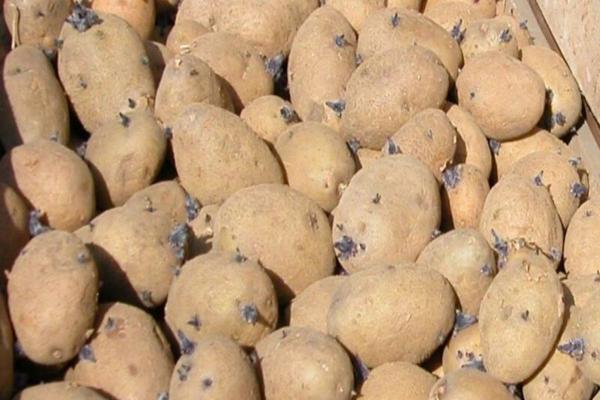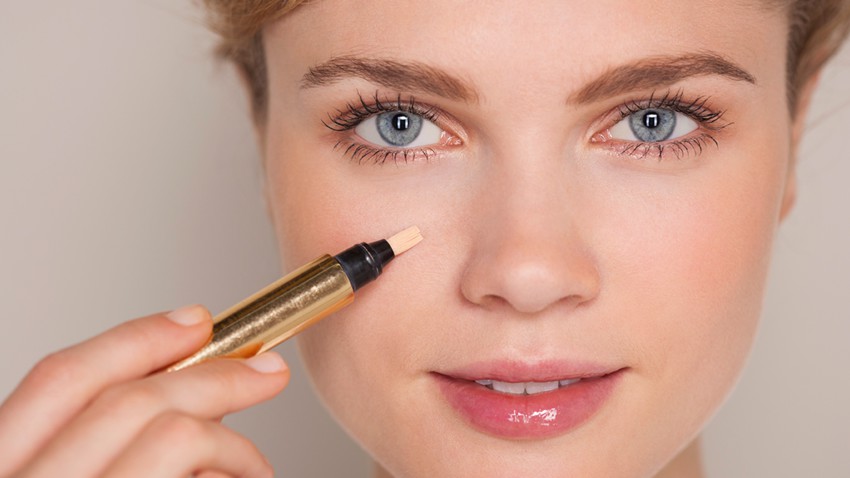Does Eating Organic Protect Against Cancer? And 7 Other Questions About Nutrition
Does eating organic protect more against cancer?
Studies follow one another to provide a real answer to this question. A 2014 British study of 623,080 women highlighted a 21% reduction in the risk of developing non-Hodgkin lymphoma in consumers of organic foods. In France, more recently, a study carried out on 70,000 people indicated a 25% reduction in the risk of cancer among regular consumers. Please note, these figures should be taken with caution. Participants were asked whether they consumed it "never", "occasionally" or "most of the time" without further specifying the amount of organic.
In addition, biases are difficult to avoid. In fact, followers of “eating organic” are often more attentive to their lifestyle and therefore to their health. The power of organic on cancer could be explained by its lower pesticide content. But this has never been proven , this is only a guess.
Can food supplements replace fruits and vegetables?
Taking food supplements without medical advice may have more risks than benefits. Overdose is very dangerous. For example, vitamins A and E could become toxic to the liver and kidneys because they are not excreted in urine. Antioxidants in high doses would have the opposite effect, they would prevent the natural death of cancer cells. Beta-carotene supplementation increases the risk of digestive and lung cancer for smokers and those exposed to asbestos. So, the bottom line is that self-medication should be banned and dietary supplements should not be taken lightly .
Do you really need to color your plates?
Beautiful green, yellow or red plates… Fruits and vegetables contain pigments that give them their color. In general, we find anthocyanins (mauve/purple) and carotenoids (red/orange/yellow). These molecules are useful for scavenging free radicals, compounds that damage cells and therefore limit tumor development. In addition, fruits and vegetables contain other protective substances for our cells. While waiting for other studies, the best advice is to vary the plants we eat to benefit from all their beneficial molecules .
Why limit your consumption of industrial products?
There are three reasons. First, processed products increase the risk of overweight and obesity by 26% and therefore also cancer. Second, to provide flavor and good consistency without spending too much, manufacturers use "trans" fatty acids which increase the risk of cancer and cardiovascular pathologies. Finally, they add additives, some of which are potentially carcinogenic. In addition, do not forget the sugar and salt which are well hidden on the labels and present in too large quantities. These foods, if you can call them that, increase the caloric value of a dish without providing nutrients that are beneficial to the body .
Are there any good fats?
Lipids have, of course, a high caloric value, but they are fundamental to the organism to constitute an energy reserve, to fluidize the cell membranes to constitute an energy reserve and to ensure the functioning of the brain and the production of sex hormones.
We must not take them off our plates, we must learn to control their intake . Animal fats of which to limit: maximum 15 g of butter or 30 g of cheese per day. While we should ingest more vegetable lipids such as omega 3 that our bodies do not manufacture. They promote blood flow, the elasticity of blood vessels and may inhibit tumor growth. You will find it in vegetable oils (rapeseed, camelina, walnuts, flax), avocado, oilseeds, lamb's lettuce and seafood.
What are the dangers of salt?
Ingesting too much salt increases the risk of stomach tumors. It is also believed to stimulate colonization by the bacteria Helicobacter pylori, the most important risk factor for stomach cancer. According to estimates from the ANSES INCa3 study, French salt consumption is around 9 grams per day (g/d) for men, and 7 g/d for women, where < b> WHO sets the limit at 5 g/d . The foods that contain the most are bread and rusks, snacks, cakes, cold cuts, ready meals and cheeses.
Do all sugars make you fat?
As long as meals are balanced and energy needs are met, carbohydrates do not make you fat. They will be converted into glucose and serve as fuel for the body. Carbohydrates that are not used immediately will be stored in the liver and muscles as glycogen. They will be used during the day. On the other hand, in the event of too much lack of activity or too much snacking, the glycogen reserves will be full. As a result, the excess glucose will be stored as fat.






